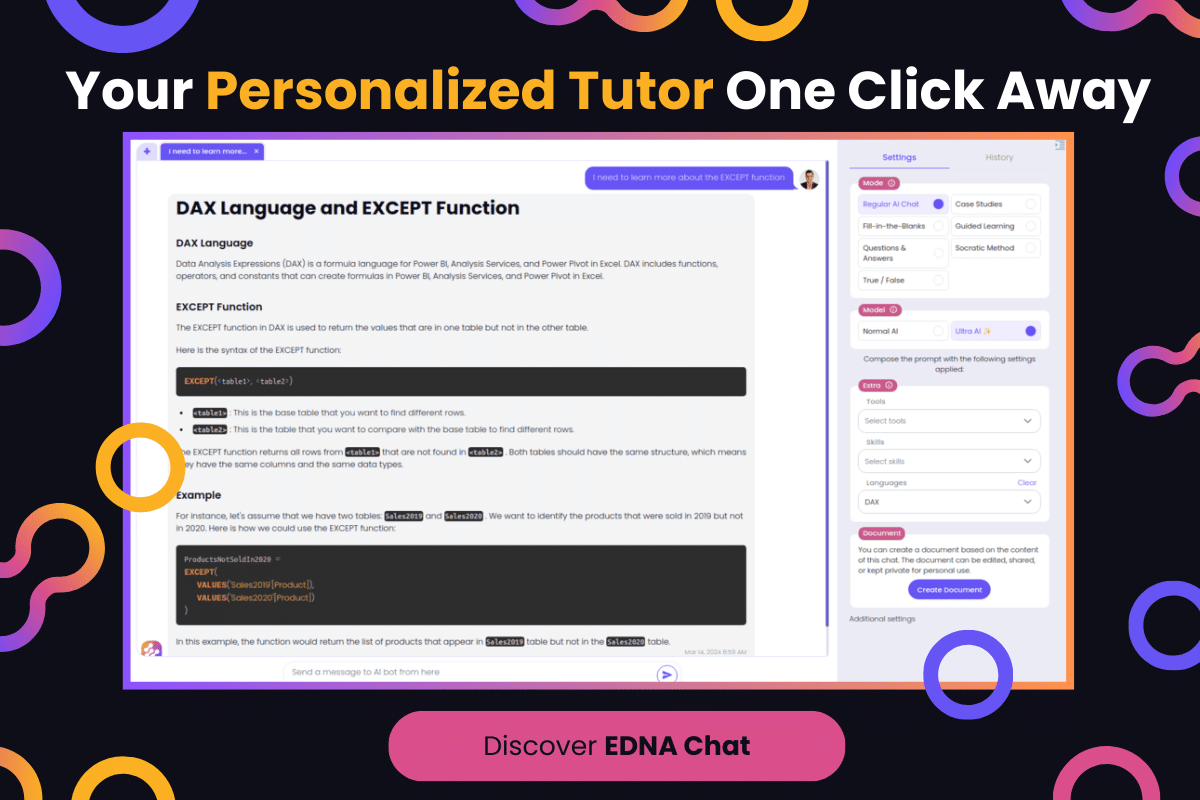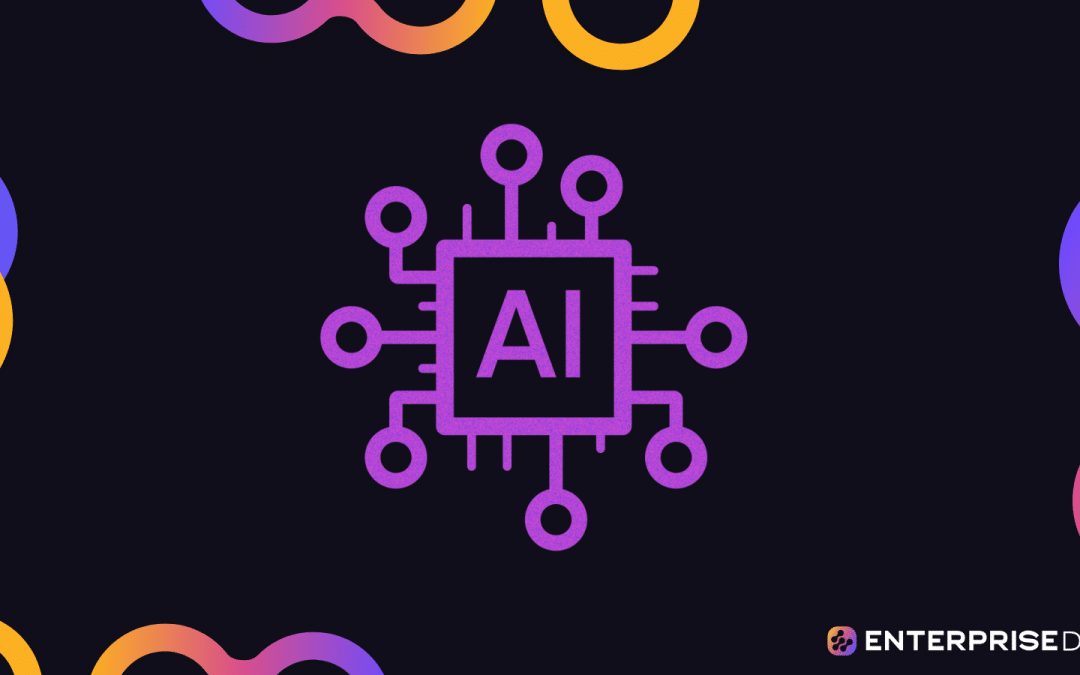OpenAI, an American artificial intelligence research laboratory, has captured the attention of investors and technology enthusiasts alike. With widely popular projects like ChatGPT making waves, everyone wants to get in on the action and make bank. But is investing in OpenAI an option available to everyone?
OpenAI is not currently a publicly traded company. OpenAI remains a privately held entity, primarily owned by founders, investors, and employees. It’s these individuals and companies that are able to profit from OpenAI’s increasing revenues. There are, however, indirect ways you may be able to benefit from OpenAI’s success.
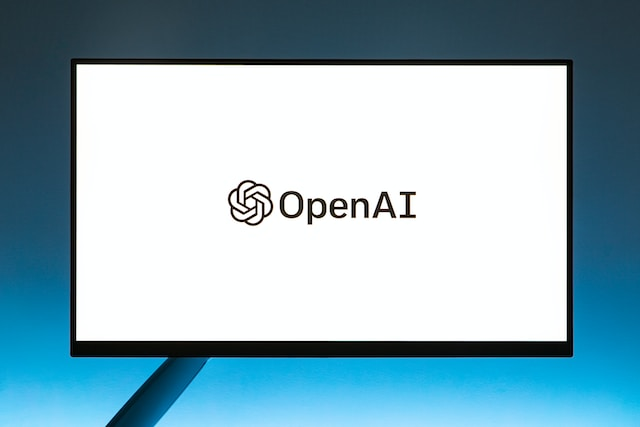
This article will lay out the structure of OpenAI, give you a better idea of who the players and shareholders are, and show you how you can get in on the AI-investment action.
Let’s dive in!
What is OpenAI?
Best known as the company behind the revolutionary chabot, ChatGPT, OpenAI launched in 2015 to research, develop, and promote friendly AI. Since its inception, the company has created groundbreaking AI models including:
- Dall.E – An AI system capable of creating images and art from a description in natural language.
- ChatGPT – An AI chatbot. The newest model GPT-4 was recently released.
- Versatile – A speech recognition model that can transcribe speech into text and translate languages into English.
It is clear that OpenAI is thriving and leading the AI development space. And many want to know: who exactly owns OpenAI?
Who Owns OpenAI?
When talking about the owners of OpenAI, it’s useful to divide them into 3 groups, namely the founders, the investors, and the employees.
1. The Founders
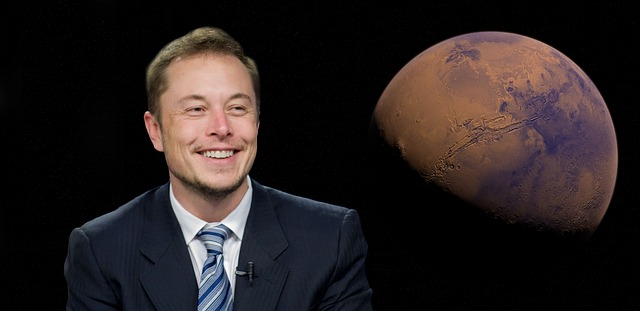
OpenAI was founded in 2015 by 5 luminaries, with the clear goal of ensuring that artificial intelligence benefits all of humanity. These 5 founders are:
- Elon Musk – The tech giant and Tesla CEO invested around $50 million and was one of the initial board members of the company. He, along with others, had originally committed $1 billion to OpenAI but he has since pulled out and distanced himself from the company due to concerns about the safety and speed of AI development at OpenAI.
- Sam Altman – Sam Altman is the current CEO of OpenAI and interestingly, does not own any equity in the company.
- Greg Brockman – Along with being one of the founders, Greg is also the president of OpenAI.
- Ilya Sutskever – Ilya is a co-founder and current chief scientist at OpenAI.
- Wojciech Zaremba – Wojciech is a co-founder and currently leads OpenAI’s Codex research and language teams.
2. The Investors
Since OpenAI began operations, the company has benefited from additional investments from both individual and corporate investors alike.

Individual investors include:
- Reid Hoffman – As well as being an investor, this LinkedIn co-founder has also sat on the OpenAI board. He recently stepped down from the board in March 2023 to avoid a conflict of interest as his venture capital firm invests in competing AI.
- Peter Thiel – Venture capitalist and co-founder of PayPal, Thiel is said to be a major owner of OpenAI.
- Jessica Livingston – A founding partner of Y Combinator, Livingston is also an investor in OpenAI.
Corporate investors and venture capital firms include:
- Microsoft – Software company Microsoft has already invested over $1 billion in OpenAI and more investment money is on the table. GPT-3 is currently licensed exclusively to Microsoft and its Azure cloud service. While OpenAI and Microsoft claim that their relationship is a ‘partnership,’ there are others like Elon Musk that claim that Microsoft essentially controls OpenAI.
- Khosla Ventures – Khosla invested in OpenAI in 2019 and was one of the first corporations to do so.
- Infosys – Infosys, along with a number of investors, had been a part of the $1 billion pledge to OpenAI and remain an investor today.
2. The Employees
In October 2018, OpenAI began offering employee stock options. This was a significant milestone for the organization, as it allowed employees to have a financial stake in the company’s success and align their interests with the long-term goals of OpenAI.
Offering stock options is a common practice for startups and companies looking to attract and retain talented employees by providing them with an opportunity to share in the company’s growth and success.

Funding employee stock options through companies like Equitybee may be a way for outside investors to gain a stake in OpenAI.
And with all this investment flowing into OpenAI and stock options available to employees, it begs the question, is OpenAI a for-profit company?
Is OpenAI a For-Profit Company?
Well, yes and no. OpenAI Incorporated, or OpenAI Inc, is a non-profit organization that still operates with the original intention of developing AI to benefit all of humanity.
However, in 2019, OpenAI announced that it would be transitioning to a for-profit model due to the difficulty of securing much-needed funding and investment as a non-profit.
OpenAI Limited Partnership, or OpenAI LP, was then created as a subsidiary of OpenAI Incorporated for this for-profit purpose.
So while the parent company remains a non-profit, the subsidiary is a for-profit. But, it’s a for-profit with a twist.
[wpforms id=”211279″]
OpenAI’s Capped-Profit Company
While OpenAI LP is technically a for-profit company, OpenAI declared that they would consider it a ‘capped-profit’ company.

In an effort to marry both the needs and intentions of the non-profit and for-profit arms of the company, OpenAI declared that returns from investments into the company could not exceed 100x the original amount. Any profits beyond that would be funneled into the non-profit parent company.
There are many, however, who believe that the 100x return allowed is so large that there’s little effect on the cap.
So now we have a clear understanding of who the OpenAI investors are, and what the limits on their returns are. Now the big question is, can you, or anyone, join the list of investors by buying shares in OpenAI?
Is OpenAI Publicly Traded?
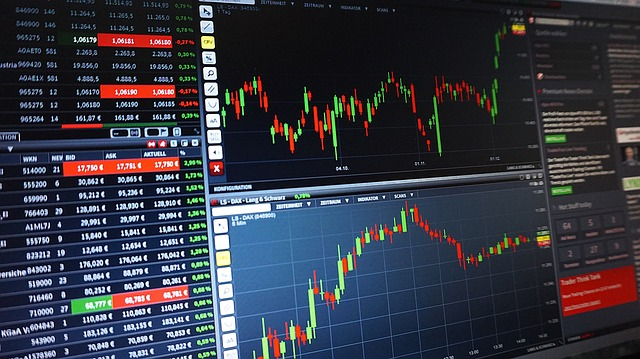
Unfortunately, the average Joe investor (us) cannot currently buy shares in OpenAI as it is not one of the publicly traded companies on offer and has instead remained a private company.
As a private company, shares of OpenAI are not available for public purchase on Wall Street.
How Can I Invest in OpenAI?
So does OpenAI’s private company status mean that there is no way for an investor to benefit from the groundbreaking and increasingly profitable work that the company is doing?
Not exactly. There are ways that you can ride the OpenAI wave, albeit not very direct ways.
How to Indirectly Invest in OpenAI?
Although direct investments in OpenAI are not available to the general public, some opportunities for indirect investment exist. The most obvious of these opportunities would be to invest in OpenAI’s partner, Microsoft.
1. Microsoft and OpenAI

Microsoft and OpenAI have a pretty significant partnership. In July 2019, OpenAI and Microsoft announced a collaboration that involved a substantial investment, initially $1 billion, by Microsoft in OpenAI.
Under the terms of the partnership, Microsoft became OpenAI’s preferred partner for commercializing its technologies.
The collaboration includes Microsoft being OpenAI’s exclusive cloud provider with its Azure cloud computing platform, and Microsoft supporting OpenAI in the deployment of large-scale AI models, as well as the development of new technologies. Microsoft has also licensed OpenAI’s models and integrated them into many of Microsofts products.
Additionally, the partnership involves mutual cooperation in areas such as shared research, knowledge exchange, and policy advocacy.
And with Microsoft recently announcing that it is entering its third phase in its multi-billion-dollar investment in, and partnership with, OpenAI, it’s clear that this codependent partnership will only get stronger.
This makes Microsoft, which is a publicly-traded company, a great investment option for those wanting to profit from the developments and advancements of OpenAI.
2. Other Indirect Investment Options
Investors could consider investing in top AI stocks from tech companies like IBM, Amazon, and Meta.
These corporations have a strong presence in the artificial intelligence and cloud computing space, with products such as IBM Watson, Amazon Web Services (AWS), and Meta’s work on AI research.
There’s also Google’s DeepMind which is an advanced AI company with models that rival GPT3. They may be a great way to ride the OpenAI-led artificial intelligence development boom.
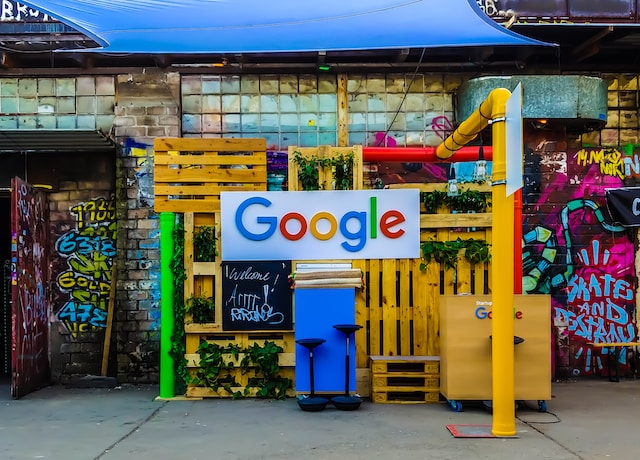
Another indirect investment opportunity is through exchange-traded funds (ETFs), which focus on an index that tracks AI-related stocks. These ETFs can provide investors with diversified exposure to companies in different industries, including technology, healthcare, and climate change, all involved in AI-related technologies.
Reasons Not to Invest in OpenAI
Even as investors and corporations flock to invest in OpenAI and its competitors, either directly or indirectly, there’s reason to pause before investing in this AI space.
Here are just some of the things you should consider before investing in AI stocks:
1. Ethical Concerns
One of the primary concerns in the AI industry, especially with technologies like ChatGPT and GPT, is the ethical implications of their widespread use.
There are potential risks associated with the misuse of such powerful AI systems. For example, AI-generated content can be used to spread misinformation, create deepfakes, or automate deceptive practices.
The challenge for companies like OpenAI and search engine Google’s parent company, Alphabet Inc., which also develops AI technologies like Google’s Lambda, is to ensure that their technologies are used responsibly and ethically.

2. Technological Limitations
Despite the rapid advancement in AI technologies such as natural language processing and machine learning, there are still limitations to what AI systems like ChatGPT can achieve.
One main constraint is computing power. As AI models grow more complex, the demand for specialized AI chips and hardware, like NVIDIA’s GPUs, increases.
Another limitation is the accuracy of AI models. Achieving a high level of performance in tasks like language models for dialogue applications requires continuous research and development. These can be costly.
Furthermore, acquiring the necessary computing resources to train advanced models can be a challenge for some companies in the AI industry. This can potentially affect their profits and stock price.
3. Economic Impacts
The proliferation of AI technologies like ChatGPT has the potential to disrupt various markets. There can be significant economic impacts as AI continues to dominate areas like NLP, machine learning, and even cryptocurrency.
Major companies like Alphabet Inc. and Microsoft could potentially see fluctuations in their NASDAQ stock prices due to the successes or failures of AI-related projects.

The rapidly evolving AI industry includes various challenges and considerations that can significantly impact the stock market, technology, and society.
OpenAI, though not publicly traded, is a key player in this landscape. It’ll face these challenges and opportunities as it continues to advance its technologies and mission.
Final Thoughts
While OpenAI is not publicly traded at the moment, its impact on the world of artificial intelligence and its potential for the future cannot be ignored.
The organization’s commitment to the safe and beneficial development of artificial general intelligence (AGI) has attracted significant attention and support from prominent investors and industry leaders.
Although OpenAI has transitioned to a for-profit entity, its underlying mission to ensure AGI benefits all of humanity remains unchanged. Its partnerships with companies like Microsoft demonstrate the trust and collaboration it has garnered and continues to garner within the tech industry.
Considering OpenAI’s track record of innovation, strong research capabilities, and focus on ethical AI development, it is easy to see why many view OpenAI as a compelling investment opportunity.
While the specifics of potential future investments in OpenAI are uncertain, the potential for long-term growth and positive impact on society is promising, so keeping a close eye on OpenAI’s progress and potential investment avenues may prove to be a very wise decision!
Frequently Asked Questions
Is OpenAI owned by Microsoft?
Microsoft is one of the major investors in OpenAI and has invested billions into the company to date. However, both companies term their relationship as a partnership so Microsoft does not currently own OpenAI.
How much is OpenAI worth?
According to the latest valuation, OpenAI is said to be worth around $29 billion.
Can you invest in OpenAI?
No, you cannot directly invest in OpenAI, as it is not a publicly traded company. You can however indirectly invest by investing in its partners like Microsoft or its competitors.
What company owns OpenAI?
The for-profit company called OpenAI LP (Limited Partnership) is a subsidiary of the non-profit company OpenAI Inc (Incorporated). However, there are other investors like Microsoft who own stakes in the company.
What is the OpenAI stock symbol?
Since OpenAI is not a publicly traded company, it does not have a stock symbol.
How to buy Open AI stock?
As of now, you cannot buy OpenAI stock because it is not a publicly traded company.
When will OpenAI go public?
There is no definitive timeline or information about OpenAI going public as of June 2023. As a non-profit research organization, OpenAI focuses on developing and promoting AI that benefits humanity.
How much is Open AI stock?
Since OpenAI is not a publicly traded company, it does not have shares available for purchase, and thus, there is no specific stock price or stock price chart.





